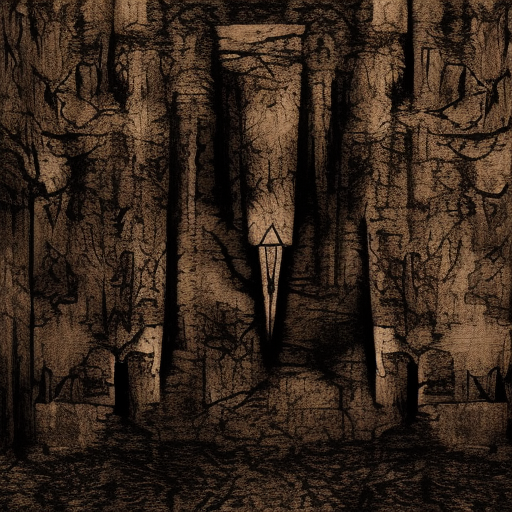The Cabinet of Dr. Caligari by Robert Wiene
Summary: In the German expressionist film “The Cabinet of Dr. Caligari,” a mysterious hypnotist named Dr. Caligari uses a somnambulist named Cesare to commit a series of murders in a small town. As the story unfolds, the line between reality and fantasy becomes blurred, leaving the audience questioning the true nature of the events.
Main Cast and Crew:
- Director: Robert Wiene
- Writers: Carl Mayer, Hans Janowitz
- Key Actors: Werner Krauss as Dr. Caligari, Conrad Veidt as Cesare, Friedrich Feher as Francis
- Music Director: Giuseppe Becce
- Director of Photography: Willy Hameister
- Producers: Rudolf Meinert, Erich Pommer
Plot:
Set in a small German town, “The Cabinet of Dr. Caligari” follows the story of Francis, a young man who becomes obsessed with the mysterious Dr. Caligari and his somnambulist, Cesare. Dr. Caligari arrives at the local fair with his cabinet, which he claims can reveal the future. Cesare, a sleepwalker, is kept in the cabinet and is awakened by Dr. Caligari to answer questions from the audience.
One night, Cesare predicts the death of Francis’s friend, Alan, and the prediction comes true. Suspecting Dr. Caligari’s involvement, Francis begins to investigate the hypnotist. As he delves deeper into the mystery, Francis discovers that Dr. Caligari has been using Cesare to carry out a series of murders.
The film takes a twist when it is revealed that Francis is actually a patient in an insane asylum, recounting his delusions to the asylum’s director. The story is presented as Francis’s distorted memories, blurring the lines between reality and fantasy. The film’s twist ending challenges the audience’s perception of what is real and what is imagined.
Themes and Motifs:
“The Cabinet of Dr. Caligari” explores themes of madness, power, and the duality of human nature. The film’s expressionistic style, characterized by distorted sets and exaggerated performances, reflects the characters’ inner turmoil and the chaotic world they inhabit. The use of sharp angles, shadows, and exaggerated shapes enhances the sense of unease and disorientation.
The motif of the cabinet itself symbolizes the hidden desires and secrets of the characters. It represents the subconscious mind and the dark forces that can be unleashed when one’s innermost desires are brought to the surface. The film also explores the theme of authority and the abuse of power, as Dr. Caligari manipulates Cesare to commit heinous acts.
Reception and Legacy:
Upon its release in 1920, “The Cabinet of Dr. Caligari” received mixed reviews from critics. While some praised its innovative visual style and psychological depth, others found it too unconventional and confusing. Despite the initial divided reception, the film went on to become a significant influence on the horror genre and German expressionist cinema.
“The Cabinet of Dr. Caligari” is often regarded as one of the first true horror films and a pioneering work of German expressionism. Its distorted sets and psychological themes laid the foundation for future filmmakers, inspiring directors like Alfred Hitchcock and Tim Burton.
The film’s lasting impact can be seen in its influence on subsequent horror films, particularly in the use of visual techniques to create a sense of unease and disorientation. Its exploration of the blurred line between reality and fantasy has also been a recurring theme in psychological thrillers and mind-bending narratives.
Recommendation:
“The Cabinet of Dr. Caligari” is a must-watch for cinephiles interested in the history of cinema and the development of the horror genre. Its innovative visual style and psychological storytelling make it a captivating and thought-provoking experience. While the film may be challenging for some viewers due to its unconventional narrative structure, it rewards those who appreciate its artistic merits and thematic depth.
Memorable Quote:
“I must know everything. I must penetrate the heart of his secret! I must become Caligari!” – Francis












